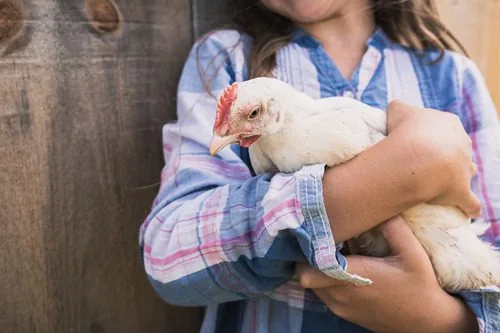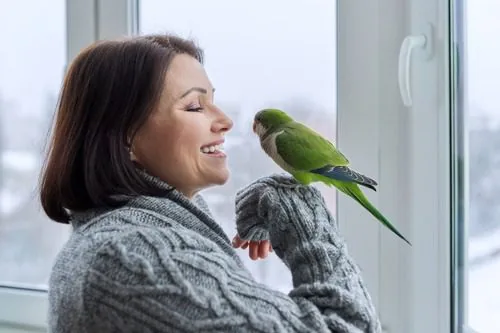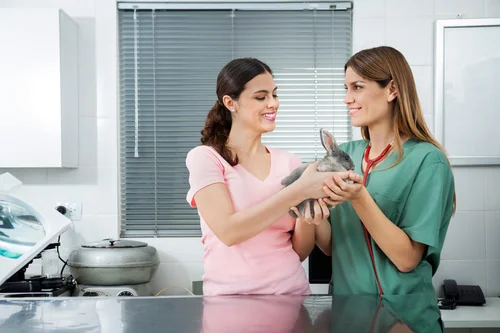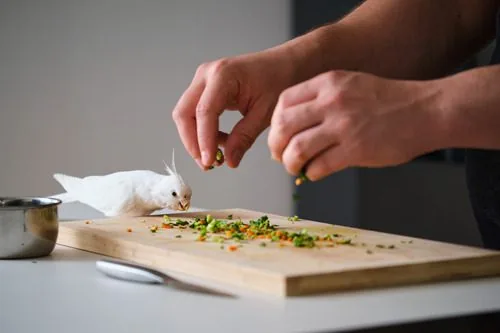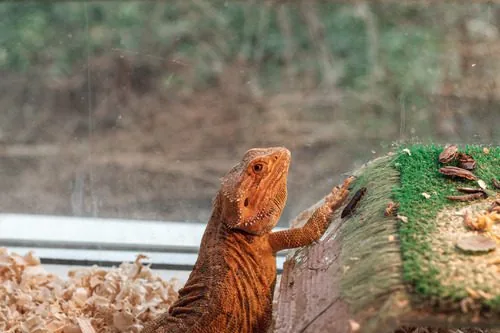Caring for an exotic pet involves unique responsibilities, including administering liquid medication by syringe when needed. While this task may seem challenging, it’s important for your pet’s health, and can be managed with patience and the proper steps. At Avian & Exotic Animal Hospital of Louisiana, we’re here to guide you through this process. Should you need personalized advice or wish to schedule an appointment, please call us at (504) 455-6386.
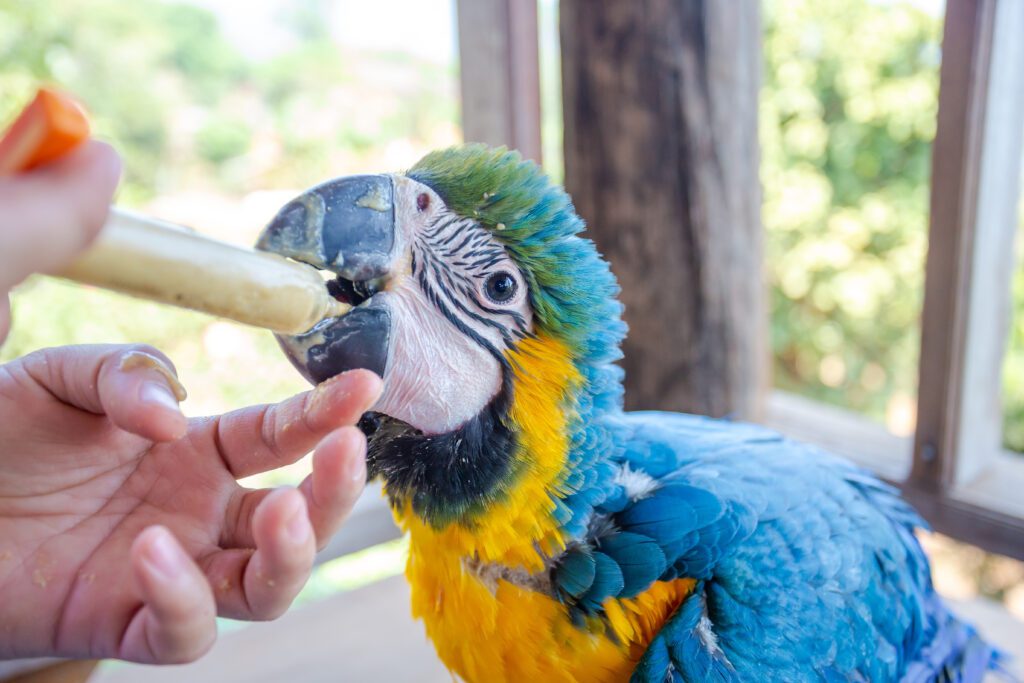
Knowing Your Pet’s Medication Requirements
A critical first step in medicating your exotic pet is understanding the specifics of the medication you’ll be giving them. This includes the correct dosage of the medication, how frequently the medication needs to be given each day, and the overall duration of treatment. It’s also essential to be aware of the medication’s storage requirements, such as the correct temperature/climate. Our veterinarians at Avian & Exotic Animal Hospital of Louisiana will provide all this information to you if your pet needs medication, ensuring you’re well-equipped to manage your pet’s care.
Preparing for Medication Time
Preparation is vital. Before you start, find a quiet area where you can medicate your pet with minimal stress to them. Gather all the necessary items: the medication, a container for the syringe, and a towel for handling your pet (if necessary). Making sure you have everything you need within reach makes the process smoother and less stressful for both you and your pet.
Handling and Positioning Your Exotic Pet
When it’s time to administer the medication to your pet, take care to handle them as gently as possible. Some squirming may be expected, but this can be mitigated by carefully holding your pet from behind, so they can’t scoot backwards and slip away. Be mindful not to squeeze your pet or restrict their breathing in any way. Always make your pet’s comfort and safety a priority.
Administering the Medication Correctly
For pets like chinchillas or rodents, carefully place the syringe between their teeth and cheek, where you have clear access to insert the medication into your pet’s mouth. Be sure to aim towards the back of the throat to facilitate swallowing, but do not place the syringe too far back. Allow your pet to swallow the medication at their own pace, without forcing it down too quickly. For fussier pets, adding a smidge of apple sauce or banana to the end of the syringe might help to encourage swallowing.
If you are giving medication to a bird, it is recommended to first get them used to the sight of the syringe, so it doesn’t frighten them. Gently touch the syringe to the bird’s beak a few times, then give them a treat to help them associate the syringe with good things. You can also take an extra step and fill the syringe with some sugar water and give that to your bird, so they’re accustomed to being fed from it. Once they’re used to taking the syringe, it should be no trouble at all to administer their medication.
Aftercare and Equipment Maintenance
After administering the medication, gently withdraw the syringe and reward your pet for their cooperation. Take the syringe carefully apart and clean it thoroughly with warm, soapy water. Let the syringe and its components air dry on a clean towel. This ensures hygiene and readiness for the next use. Remember to monitor your pet for any changes or reactions post-medication.
Have Questions About Medicating Your Exotic Pet?
Administering liquid medication to your exotic pet can be a manageable task with the right knowledge and preparation. At Avian & Exotic Animal Hospital of Louisiana, we’re committed to assisting you in every step of this process. For more detailed information or to book an appointment, please call us at (504) 455-6386. Your exotic pet’s health is our priority, and we’re here to provide the best care possible to your cherished companion.
Recent Posts
About Avian & Exotic Animal Hospital of Louisiana
Avian & Exotic Animal Hospital of Louisiana, formally West Esplanade Veterinary Clinic, is Louisiana’s only veterinarian that provides care exclusively to avian and exotic pets. From parrots to rabbits and ferrets to a wide variety of reptiles, as well as a multitude of small mammal exotic pets, we welcome them all to our practice!

